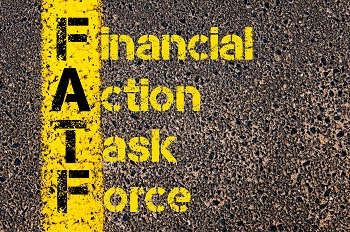Money Laundering Bulletin
35 years of 40 Recommendations: why, in 2025, effective AML demands more than FATF compliance
Many, if not all, financial professionals have encountered the term 'FATF Recommendations' at some point in their careers, writes Mikhail Karataev. These Recommendations, which form the foundation of the global anti-money laundering/counter financing of terrorism (AML/CFT) framework, were first adopted in April 1990, less than a year after the Financial Action Task Force (FATF) was established at the G7 Summit in July 1989 as a collective response to the growing threat of drug-related money laundering. In April 2025, the FATF standards mark their 35th anniversary - a timely and important opportunity to critically assess the tangible outcomes, gaps and evolving challenges in the global fight against financial crime.
Mikhail Karataev (karataevnew@gmail.com) is an independent AML professional, based in Florida, USA.

Many, if not all, financial professionals have encountered the term 'FATF Recommendations' at some point in their careers,
writes
Mikhail Karataev. These Recommendations, which form the foundation of the global anti-money laundering/counter financing of terrorism (AML/CFT)
framework, were first adopted in April 1990, less than a year after the Financial Action Task Force (FATF) was established
at the G7 Summit in July 1989 as a collective response to the growing threat of drug-related money laundering. In April 2025,
the FATF standards mark their 35th anniversary - a timely and important opportunity to critically assess the tangible outcomes,
gaps and evolving challenges in the global fight against financial crime.